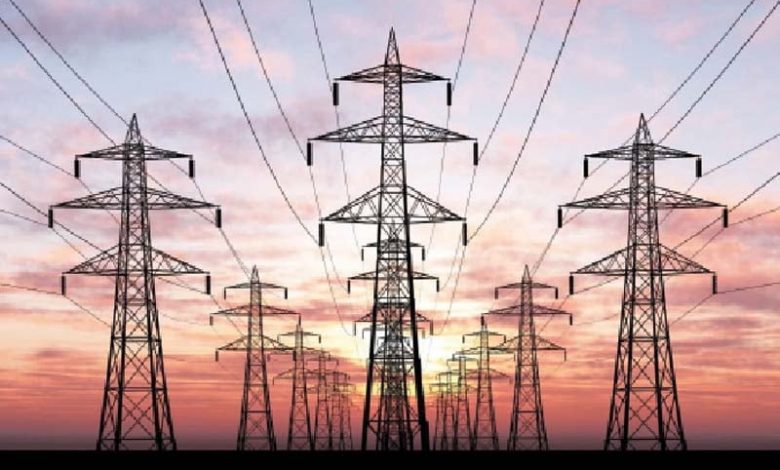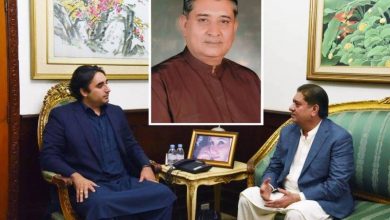After Punjab, Islamabad also gets relief in power bills

The Punjab government has announced that it will provide subsidised electricity to residents of Islamabad for two months, as part of a relief plan directed by Punjab Chief Minister Maryam Nawaz.
According to media reports, letters have been sent from Lahore, Gujranwala, Faisalabad, and Multan electricity distribution companies to their counterpart in Islamabad to facilitate the process.
Senior Minister Maryam Aurangzeb stated that consumers using between 201 and 500 units will benefit from a Rs14 per unit discount in August and September. The subsidy will be funded through the Punjab budget.
Aurangzeb further mentioned that other provinces have the discretion to offer similar relief from their own budgets.
However, the governments of Sindh and Khyber-Pakhtunkhwa (K-P) have already declined to provide immediate relief on electricity bills to the public.
A day earlier, Sindh government spokesperson Murtaza Wahab and Khyber-Pakhtunkhwa’s Finance Advisor Muzzammil Aslam stated that their respective provincial administrations would not be able to offer instant relief on electricity charges.
In an interview with a private TV channel, Wahab, who also serves as the Mayor of Karachi, revealed that offering two months of relief to the people of Sindh would cost Rs10 billion.
Similarly, a two-month relief package in Khyber-Pakhtunkhwa would cost Rs8 billion, while in Balochistan, it would amount to Rs1 billion.
Wahab emphasised that their government does not believe in superficial measures or temporary solutions.
He added that if the Pakistan Peoples Party’s (PPP) advice had been followed to utilise Sindh’s resources to establish low-cost power plants, electricity would have been cheaper today.
Muzzammil Aslam, Khyber-Pakhtunkhwa’s Finance Advisor, highlighted that both K-P and Sindh generate low-cost electricity, whereas Punjab produces more expensive power.
He cautioned that even though the Punjab government had provided a two-month relief, electricity prices would rise again afterwards.
Both advisors called on the federal government to implement a permanent solution rather than offering temporary relief.


